Posted on 12/30/2024
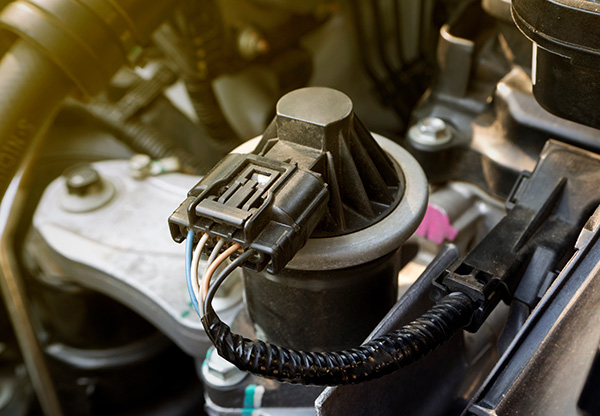
Car electrical issues can leave even the most experienced drivers scratching their heads. From flickering headlights to a car that just won’t start, these problems are unpredictable and frustrating. While many drivers think of their car’s electrical system as just the battery and alternator, it’s much more intricate than that. Modern vehicles rely on a network of wires, fuses, and sensors to keep everything running. When something goes wrong, knowing how to address it becomes crucial. If you’re in Canoga Park, CA, where the bustling streets demand reliable transportation, it’s essential to stay ahead of potential electrical issues. We'll review some common problems, their causes, and how to tackle them effectively. Common Car Electrical Issues You Might Encounter One of the trickiest things about car electrical problems is their wide range of symptoms. Some issues are minor inconveniences, while others can leave your car completely ... read more
Posted on 12/17/2024
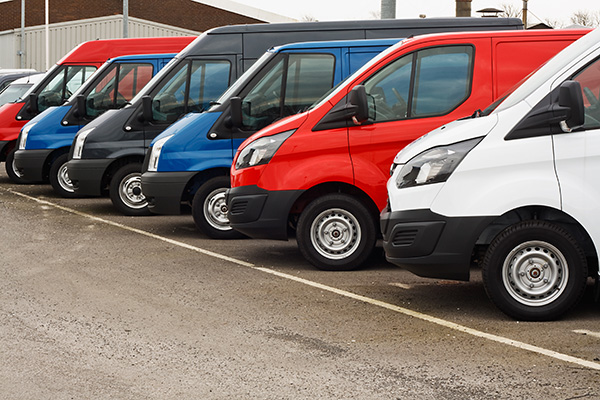
Managing a fleet of vehicles can feel like juggling multiple priorities at once. Fuel expenses, maintenance schedules, driver performance, and delivery timelines all demand attention, making it necessary for every aspect of your fleet to run as efficiently as possible. But where do you start? Efficiency isn’t just about cutting costs—it’s about getting the most out of every mile your vehicles travel. Track Performance with Fleet Management Software The days of manually keeping track of your fleet are long gone. Fleet management software has become a game-changer, offering real-time insights into your vehicles' performance, fuel consumption, and driver behavior. With GPS tracking and analytics, you can identify inefficiencies, like routes that waste fuel or idling times that eat into productivity. This software also allows you to schedule regular maintenance without missing a beat, reducing the risk of unexpected breakdowns. Imagine knowing exac ... read more
Posted on 11/29/2024
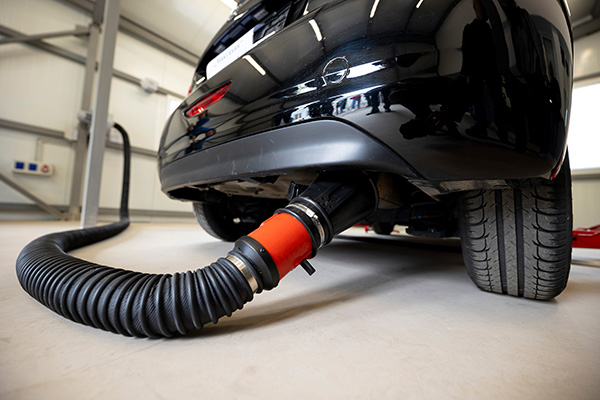
Living in California means following some of the strictest emission standards in the country. If your vehicle doesn’t pass an emissions test, it could be a roadblock to registration renewal, and no one wants to deal with that headache. Whether you’re getting ready for your first emissions test or have been through it before, knowing how to prepare your car can make all the difference. In Chatsworth, CA, with local laws and regulations in mind, here's how to set your vehicle up for success. Why Emission Tests Matter in California Emission tests are not just a regulatory hurdle; they are critical in reducing air pollution and ensuring cleaner air for everyone. California’s Smog Check Program aims to cut down on the amount of harmful pollutants released into the atmosphere by vehicles, keeping the environment healthier and safer. Vehicles t ... read more
Posted on 11/15/2024
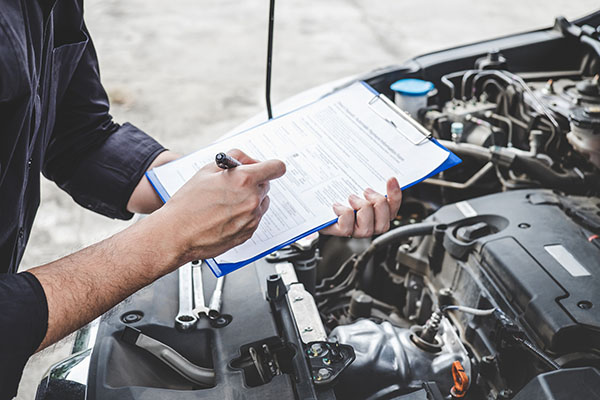
Buying a used car is a big decision—one that can save you money but also comes with certain risks. You may think you’re getting a great deal, but how can you be sure the vehicle you have purchased is as good as it seems? This is where post-purchase inspections come into play. If you’ve bought a used vehicle, scheduling a professional inspection after that can save you from future headaches and give you peace of mind about your investment. Why Post-Purchase Inspections Are Crucial You might think that because the car is already in your possession, an inspection is unnecessary. The inspection provides a deeper look into potential problems that might not have been visible at the time of purchase or that developed after that. Having an expert check the engine, transmission, suspension, and electrical components can help you identify any immediate repairs or long-term issues that could cost you in the future. In short, a post-purchase inspection ... read more
Posted on 10/31/2024
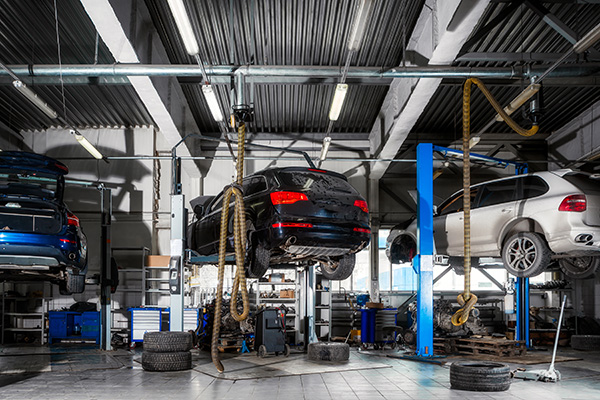
Choosing the right place to take your car for maintenance or repairs can feel overwhelming, especially with the abundance of options. You might be tempted to visit a big-name dealership or a national chain, but there’s a strong case for considering a local auto repair shop. Supporting local businesses comes with a variety of benefits—ones that not only provide exceptional service but also make your life easier. Let’s take a closer look at why using a local auto repair shop in Reseda, CA, could be the best choice for you and your vehicle. Personalized Service Tailored to Your Needs One of the standout advantages of using a local repair shop is the level of personalized service you’re likely to receive. Unlike larger shops, where you might feel like just another customer in a long line, we prioritize individual attention. The team gets to know you and your vehicle, which allows for a more tailored approach to ... read more